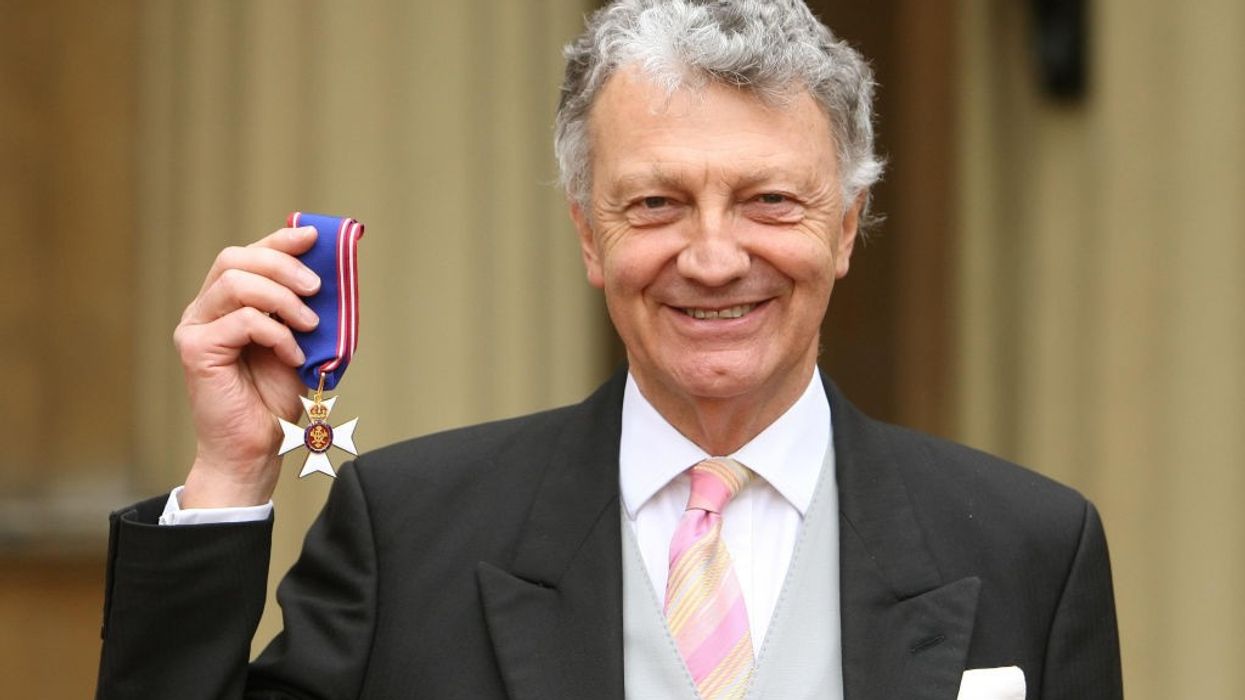Britain's counter-terrorism programme "Prevent" must refocus its efforts more on the threat posed by militant Islamism after becoming too concerned with right-wing extremism, an independent review of the often-criticised strategy concluded on Wednesday.
"Prevent" is a key strand of Britain’s security apparatus, which was brought in after the Sept. 11 attacks on the United States with the aim of stopping radicalisation and preventing people from going on to commit acts of violence.
But it has been dogged since its inception by allegations that it has been used to spy on Muslim communities, while some of those referred to the programme later went on to commit terrorist offences.
William Shawcross, who was appointed Independent Reviewer of Prevent in January 2021, said it was not doing enough to target "non-violent Islamist extremism". Islamism, often referred to as Islamic fundamentalism, as an ideology was not the same as Islam as a faith, he said.
"Challenging extremist ideology should not be limited to proscribed organisations but should also cover domestic extremists operating below the terrorism threshold who can create an environment conducive to terrorism," he said.
He also said there had been a "double standard", with the definition of extremist Islamist ideology too narrow and the approach to the extreme right-wing too broad, drawing in mainstream, "mildly controversial" commentary.
"It is correct for Prevent to be increasingly concerned about the growing threat from the extreme right. But the facts clearly demonstrate that the most lethal threat in the last 20 years has come from Islamism, and this threat continues," he said in his review.
Civil rights groups including Amnesty International had criticised the decision to appoint Shawcross because of previous comments he had made about Islam, and boycotted his review, arguing that the strategy itself was flawed.
"One of the most constant and strident accusations is that Prevent unfairly targets Muslims living here. This is simply not the case," Shawcross said. He said some funding for Prevent projects had gone to groups promoting extremist narratives themselves.
The most recent figures showed in the year to the end of March 2022, 6,406 people had been referred to Prevent, with 20% referrals for far-right concerns and 16% over Islamist radicalisation.
The government said it would act on all Shawcross's 34 recommendations.
"Prevent will now ensure it focuses on the key threat of Islamist terrorism," Home Secretary Suella Braverman said, welcoming "this more proportionate approach".
Both Shawcross and Braverman highlighted that in the four years since the review was commissioned, there had been six terrorist attacks, which were all Islamist in nature.
Last November, Ken McCallum, head of the MI5 domestic spy agency, said Islamist militants remained its major concern, but warned that there had been a rise in far-right extremists seeking firearms.
(Reuters)




